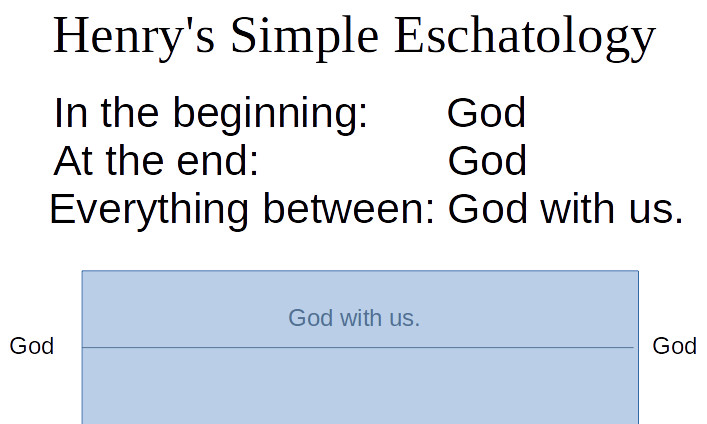Why I Still Don’t Like Inerrancy
Andrew Wilson has a post on The Gospel Coalition (Voices) blog titled Why I don’t Hate the Word Inerrancy. In a certain way I have to agree with his conclusion:
But I don’t think the answer is to hate the word. If we were to abandon every word that had been tainted by poor use, we’d have to remove dozens of descriptors from our lexicon, beginning with “Christian”—only to find that the replacements we brought in were also sullied over time by clumsiness, groupthink, insensitivity, and arrogance. …
Just so! It’s pretty difficult to hate a word when the word hasn’t really done anything bad. It just fell into the hands of cruel people who have tortured it a bit.
But I still have to wonder about the value of the word in the first place. As a substitute for saying that God’s word is true, it draws much of its usage from the effort to narrow down the concept of what we mean by “true.” It ties truth to a collection of facts, to data, and not to the message. Properly interpreted, the message of the books of Kings in the Hebrew scriptures can be true without being accurate in every detail of the numbers. There are serious issues in the chonology of the divided kingdom, and resolving these is an interesting hobby, but it’s not really something that impacts the truth of the Bible message.
I think inerrancy, as used—and in effect a word is the way it is used—tends to put our focus on the wrong aspect of any story. It makes our first question be “did this happen precisely as stated?” rather than “what message does God have for me in this story?” That’s unfortunate.
I think there are worse problems for inerrancy than the ages and reigns of kings, but that provides a good starting point. Once we are past that, we need to look at how God communicates. How did God send us scripture? How did God cross the gap between infinity and our finite existence?
This is one of those questions that plagues discussion of topics such as the meaning of Genesis. I believe that God communicates to us in our language, and that Genesis communicated God’s message about creation to people who believed in an earth that was flat (though round, like a dinner plate), with the waters under and the heavens above. They also believed that earth was the center of the universe and had no concept of the size of the universe. In that context, God spoke about God’s involvement in human lives.
That means that the science of Genesis is doubtless in error, when looked at from our point of view. But it’s not in error by mistake. It’s in error intentionally. By God’s intention, not by the intention of the human authors who knew no better. It’s in error in the same way as my explanation of some technical topic might be if I presented it to a child.
And lest you get the idea that I think we are on a pinnacle or knowledge, I expect that, if the world continues and we don’t set ourselves back to the stone age through our own stupidity, people a few hundred years from now may consider our view of what the universe is like to be hopelessly primitive. They’ll look for new ways to tell the story of God’s involvement.
I don’t like the word “inerrancy” because it says that the Bible is going to mean what I think it needs to mean rather than saying that the Bible gives God’s message in the way that God wanted it to be presented.
As I read it, God did very little to scratch our modern itches.


